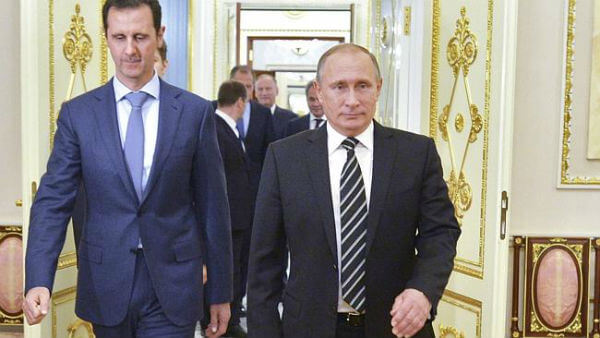James Traub writes: The Swedish Migration Agency in Malmo, the southern port city on the border with Denmark, occupies a square brick building at the far edge of town. On the day that I was there, Nov. 19, 2015, hundreds of refugees, who had been bused in from the train station, queued up outside in the chill to be registered, or sat inside waiting to be assigned a place for the night. Two rows of white tents had been set up in the parking lot to house those for whom no other shelter could be found. Hundreds of refugees had been put in hotels a short walk down the highway, and still more in an auditorium near the station.
When the refugee crisis began last summer, about 1,500 people were coming to Sweden every week seeking asylum. By August, the number had doubled. In September, it doubled again. In October, it hit 10,000 a week, and stayed there even as the weather grew colder. A nation of 9.5 million, Sweden expected to take as many as 190,000 refugees, or 2 percent of the population — double the per capita figure projected by Germany, which has taken the lead in absorbing the vast tide of people fleeing the wars in Syria, Iraq, and elsewhere.
That afternoon, in the cafeteria in the back of the Migration Agency building, I met with Karima Abou-Gabal, an agency official responsible for the orderly flow of people into and out of Malmo. I asked where the new refugees would go. “As of now,” she said wearily, “we have no accommodation. We have nothing.” The private placement agencies with whom the migration agency contracts all over the country could not offer so much as a bed. In Malmo itself, the tents were full. So, too, the auditorium and hotels. Sweden had, at that very moment, reached the limits of its absorptive capacity. That evening, Mikael Ribbenvik, a senior migration official, said to me, “Today we had to regretfully inform 40 people that we could [not] find space for them in Sweden.” They could stay, but only if they found space on their own.
Nothing about this grim denouement was unforeseeable — or, for that matter, unforeseen. Vast numbers of asylum-seekers had been pouring into Sweden both because officials put no obstacles in their way and because the Swedes were far more generous to newcomers than were other European countries. A few weeks earlier, Sweden’s foreign minister, Margot Wallstrom, had declared that if the rest of Europe continued to turn its back on the migrants, “in the long run our system will collapse.” The collapse came faster than she had imagined.
The vast migration of desperate souls from Syria, Iraq, and elsewhere has posed a moral test the likes of which Europe has not faced since the Nazis forced millions from their homes in search of refuge. Europe has failed that test. Germany, acutely aware that it was the author of that last great refugee crisis, has taken in the overwhelming fraction of the 1 million asylum-seekers who have reached Europe over the past 18 months. Yet the New Year’s Eve 2016 orgy of rape and theft in Cologne, in which migrants have been heavily implicated, may force Chancellor Angela Merkel to reconsider the open door. Her policy of generosity is now being openly attacked by her own ministers.
Most of Europe, and much of the world, has, as Wallstrom feared, turned its back. The ethnically homogeneous nations of Eastern Europe have refused to take any refugees at all; Hungary, their standard-bearer on this issue, has built fences along its borders to keep refugees from even passing through. Balkan countries, by contrast, helped migrants pass through their territories to the West — until mid-November, when they collectively began blocking asylum-seekers who did not hail from Iraq, Syria, or Afghanistan. England has agreed to take only those refugees arriving directly on its shores from the Middle East. Denmark has taken out ads in Arabic-language newspapers warning refugees that they will not be welcome, and has passed legislation authorizing officials to seize migrants’ assets to pay for their care. In the United States, where politicians eager to exploit fear of terrorism have found a receptive audience, Congress has sought to block President Barack Obama’s offer to accept a meager 10,000 Syrians.
And then there is Sweden, a country that prides itself on generosity to strangers. During World War II, Sweden took in the Jews of Denmark, saving much of the population. In recent years the Swedes have taken in Iranians fleeing from the Shah, Chileans fleeing from Gen. Augusto Pinochet, and Eritreans fleeing forced conscription. Accepting refugees is part of what it means to be Swedish. Yet what Margot Wallstrom meant, and what turned out to be true, was that Germany, Sweden, Austria, and a few others could not absorb the massive flow on their own. The refugee crisis could, with immense effort and courage, have been a collective triumph for Europe. Instead, it has become a collective failure. This is the story of the exorbitant, and ultimately intolerable, cost that Sweden has paid for its unshared idealism. [Continue reading…]






